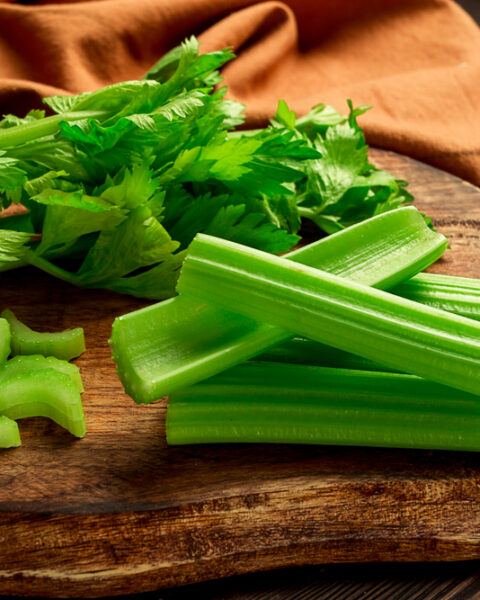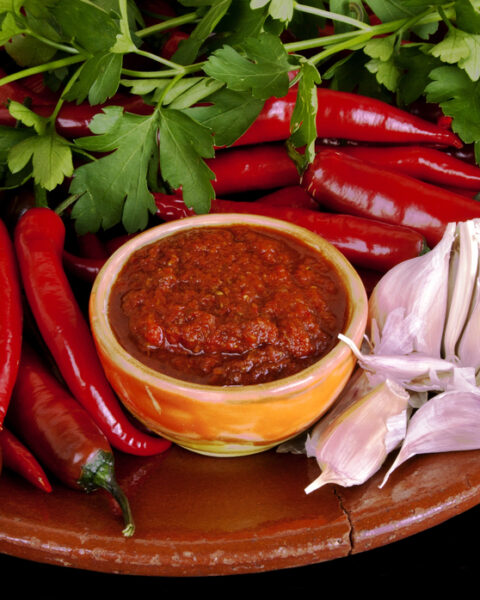Keeping fresh herbs from going bad too soon can feel like a mystery, but it’s mostly about knowing what actually works. A lot of advice gets passed around—some of it helpful, some of it just plain wrong. The truth is, different herbs need different care, and small mistakes can make them wilt or lose their punch way too fast. Let’s clear up some of the biggest misconceptions about storing fresh herbs so they stay fresher, longer.
Contents
- 1 All Herbs Should Be Stored the Same Way
- 2 Storing All Herbs in the Refrigerator is Best
- 3 Wrapping Herbs Tightly Prevents Spoilage
- 4 All Herb Stems Should Be Discarded
- 5 Herbs Should Be Stored in the Dark
- 6 Freezing Herbs Destroys Their Flavor
- 7 All Herbs Should Be Stored Dry
- 8 Using Plastic Bags Alone is Sufficient for Storage
- 9 Refrigeration is Always Better Than Room Temperature
- 10 Storing Herbs Near Ethylene-Producing Fruits is Harmless
- 11 All Herbs Can Be Frozen Without Preparation
- 12 Using Regular Plastic Bags is Adequate for Herb Storage
- 13 All Herbs Should Be Stored in Water
- 14 More From RetailShout
- 15 15 Korean Foods That Are Taking the Culinary World by Storm
- 16 15 Incredible Asian Fruits You Won’t Find at Your Local Grocery Store
All Herbs Should Be Stored the Same Way

It’s a common belief that a single storage method suits all herbs, but this isn’t accurate. Herbs are generally categorized into two types: tender and hardy. Tender herbs, such as cilantro, parsley, and basil, have delicate stems and leaves, requiring different storage techniques compared to hardy herbs like rosemary and thyme, which possess woody stems. Applying a uniform storage method can lead to reduced freshness and flavor.
Storing All Herbs in the Refrigerator is Best
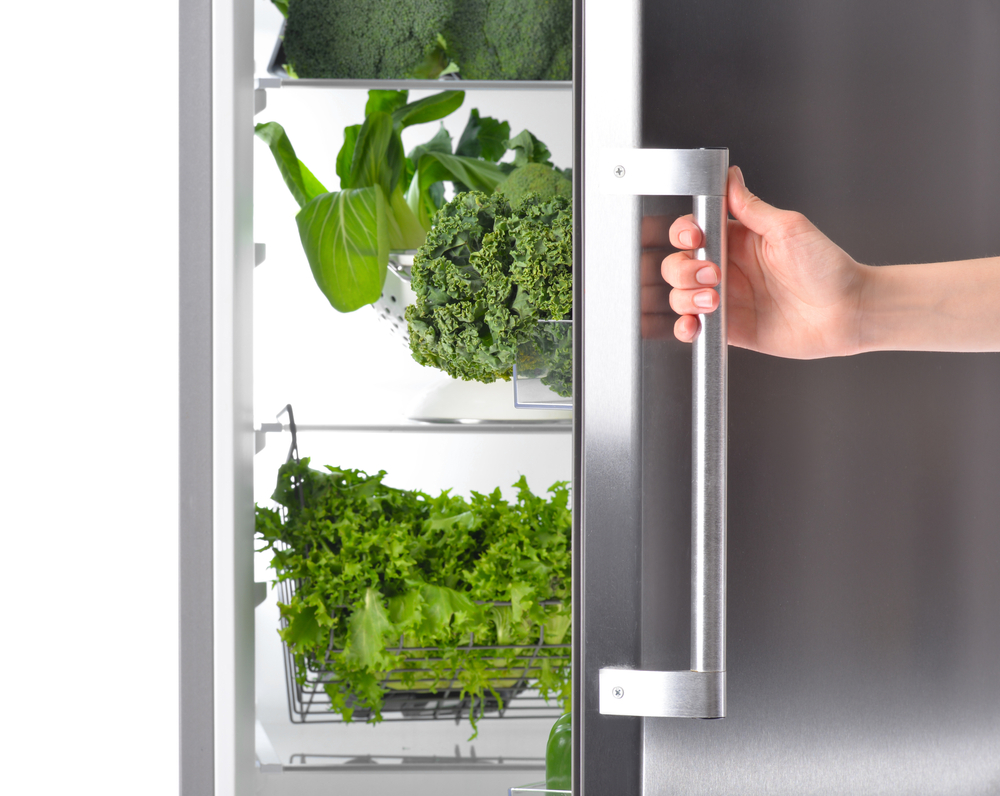
While refrigeration works well for many herbs, certain varieties like basil are sensitive to cold temperatures. Storing basil in the fridge can cause it to wilt and turn black. Instead, basil should be treated like fresh-cut flowers: place the stems in a jar with water and keep it at room temperature, away from direct sunlight. This method helps maintain its vibrant appearance and flavor.
Wrapping Herbs Tightly Prevents Spoilage
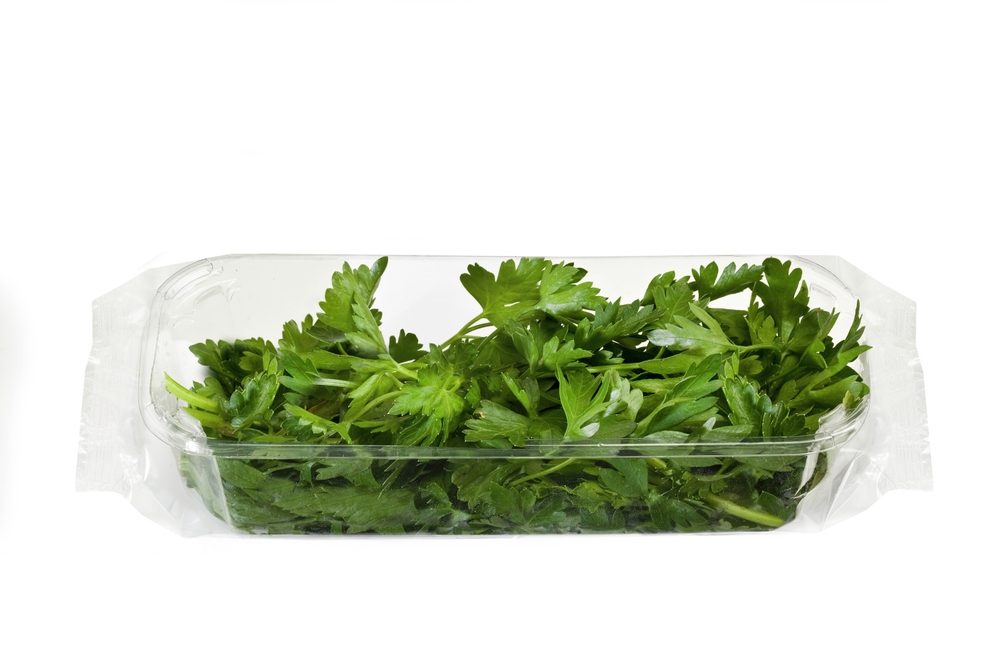
It’s a misconception that wrapping herbs tightly will keep them fresh. In fact, doing so can restrict airflow and trap moisture, creating an environment conducive to mold growth. For tender herbs, it’s better to store them upright in a jar with a bit of water, covering them loosely with a plastic bag to allow for some air circulation. Hardy herbs can be wrapped in a slightly damp paper towel and placed in a loosely closed plastic bag.
All Herb Stems Should Be Discarded
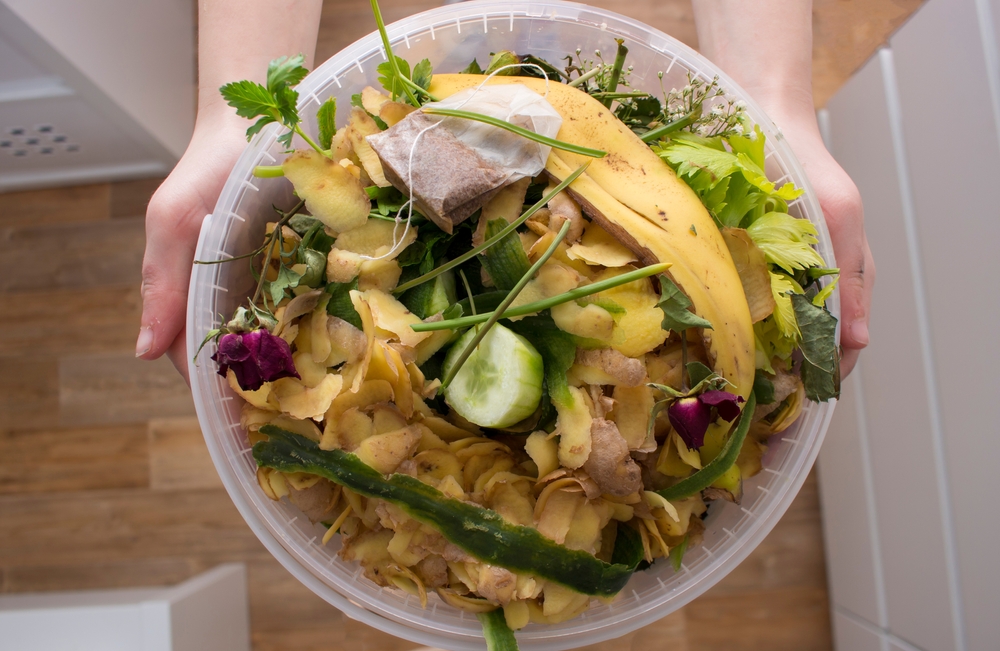
Many people discard herb stems, assuming they’re unusable. However, stems from herbs like cilantro, parsley, and basil are edible and flavorful. They can be finely chopped and added to dishes, providing additional taste and reducing waste. Incorporating stems can enhance the complexity of your recipes.
Herbs Should Be Stored in the Dark
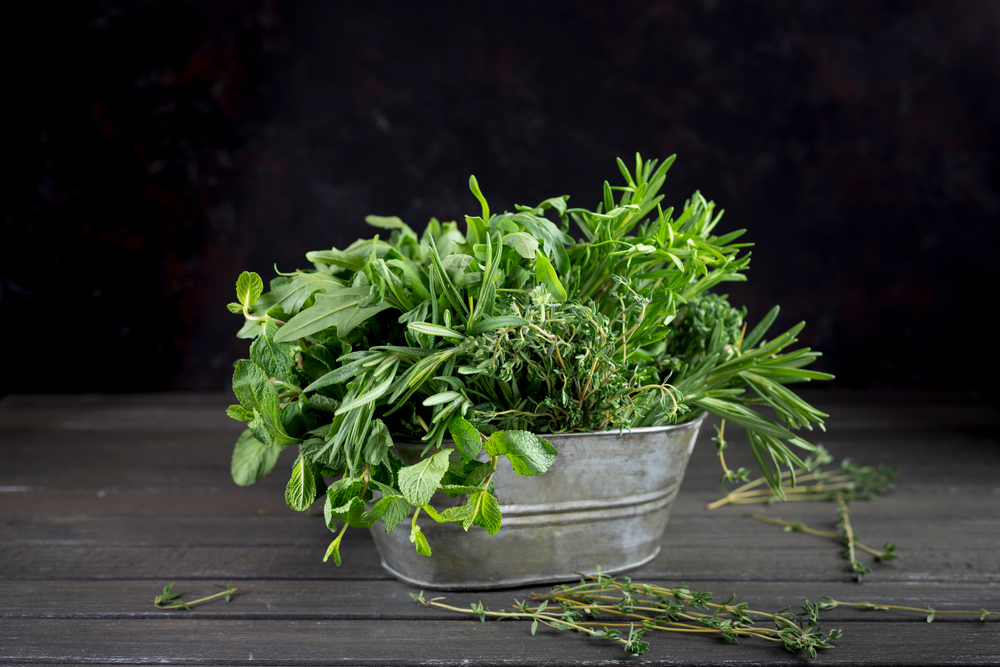
While it’s true that excessive light can degrade herbs, storing them in complete darkness isn’t necessary. For instance, basil benefits from being kept in a well-lit area, as long as it’s not in direct sunlight. The key is to avoid extreme conditions; moderate light exposure is generally acceptable for most herbs.
Freezing Herbs Destroys Their Flavor
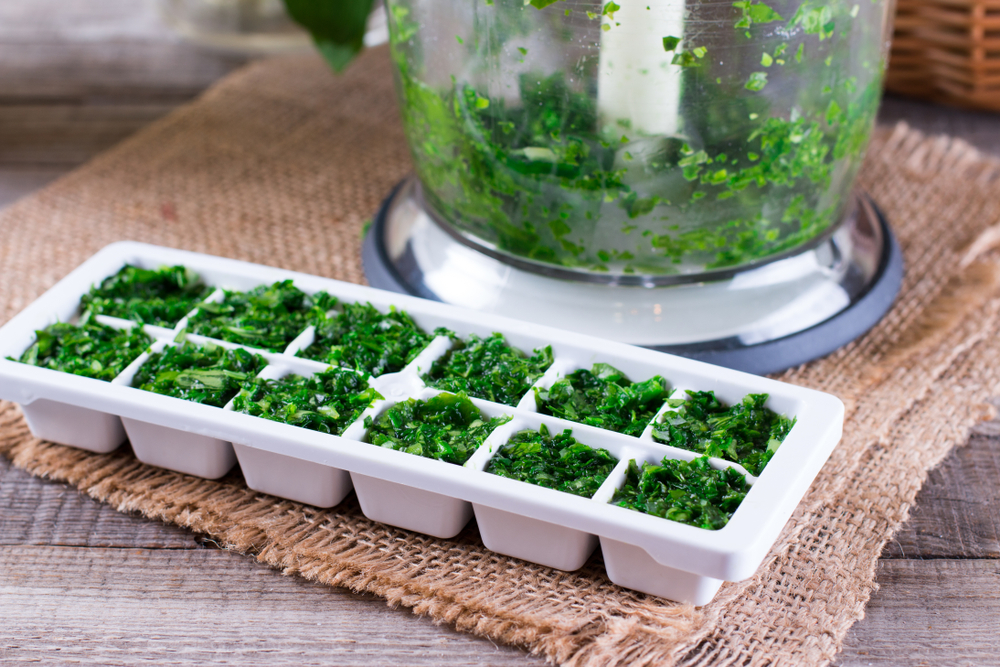
Some believe that freezing herbs diminishes their flavor. While freezing can alter the texture, it preserves the essential oils that provide flavor. Freezing herbs like parsley, cilantro, and dill in ice cube trays with a bit of water or oil can be an effective way to maintain their taste for future use, especially in cooked dishes.
All Herbs Should Be Stored Dry
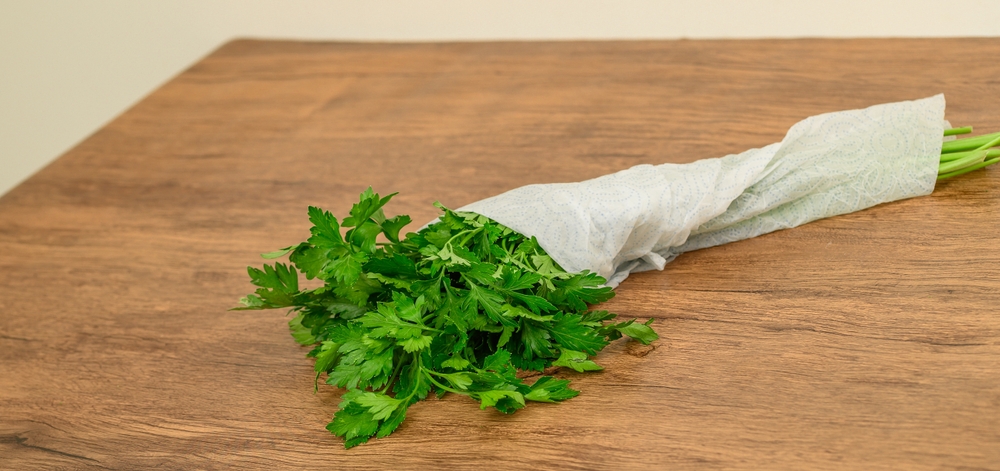
Keeping herbs completely dry is often recommended, but some moisture can be beneficial. For hardy herbs, wrapping them in a slightly damp paper towel before placing them in a plastic bag can help maintain their freshness by providing the right humidity level. However, it’s crucial to ensure the towel is only slightly damp to prevent mold growth.
Using Plastic Bags Alone is Sufficient for Storage
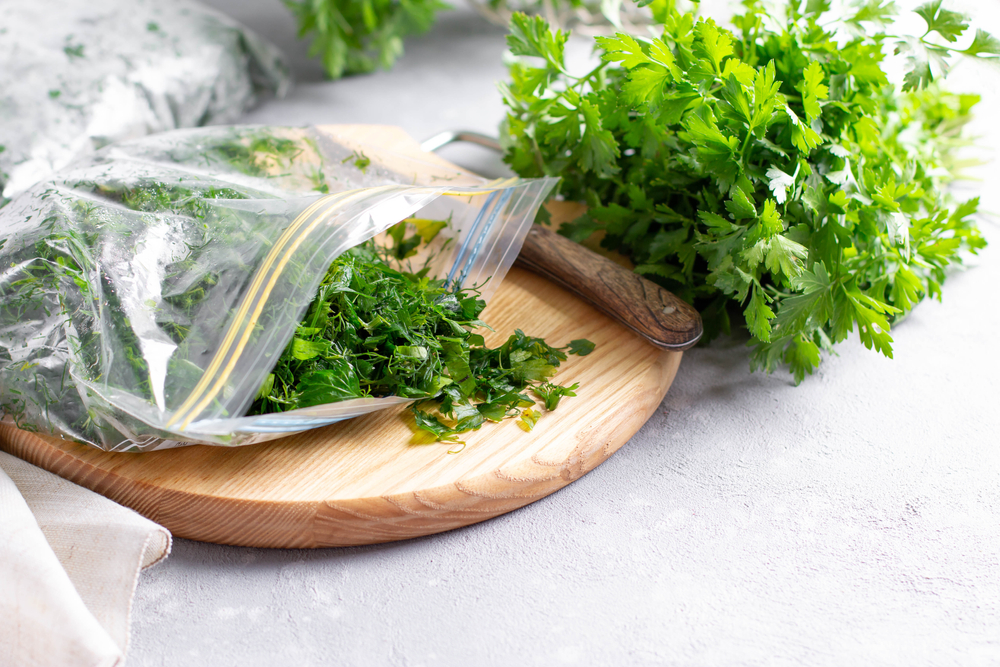
Storing herbs in plastic bags without any preparation can lead to rapid spoilage. Herbs need some airflow and the right humidity. For tender herbs, placing them upright in a jar with water and loosely covering with a plastic bag provides a balanced environment. Simply sealing them in a plastic bag can trap moisture and promote decay.
Refrigeration is Always Better Than Room Temperature
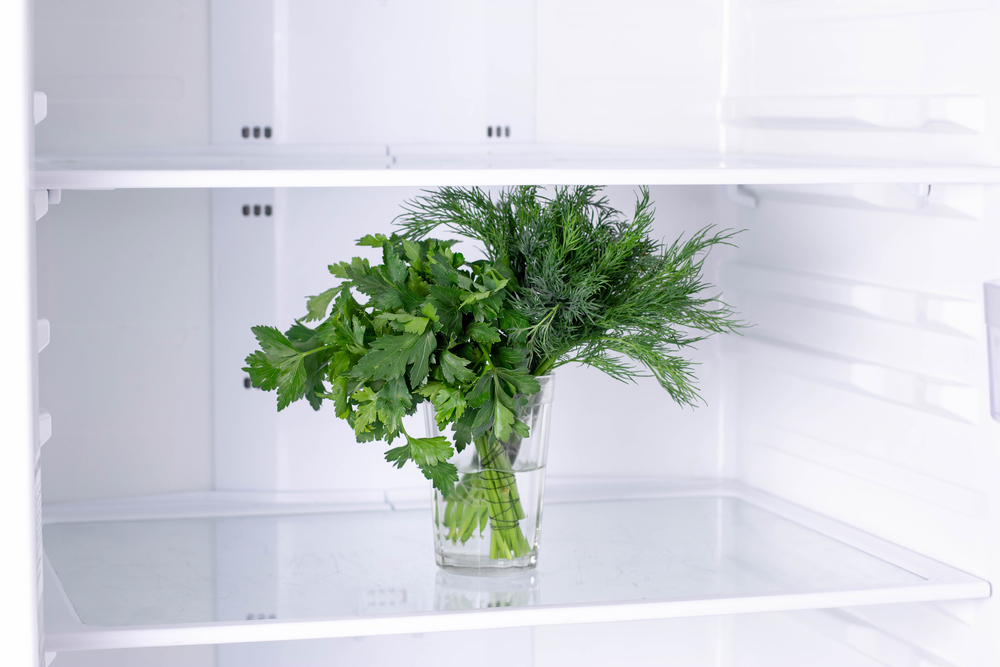
While refrigeration slows down the decay process for many herbs, some, like basil, are sensitive to cold and fare better at room temperature. Understanding the specific needs of each herb ensures optimal storage conditions and prolongs their usability.
Storing Herbs Near Ethylene-Producing Fruits is Harmless
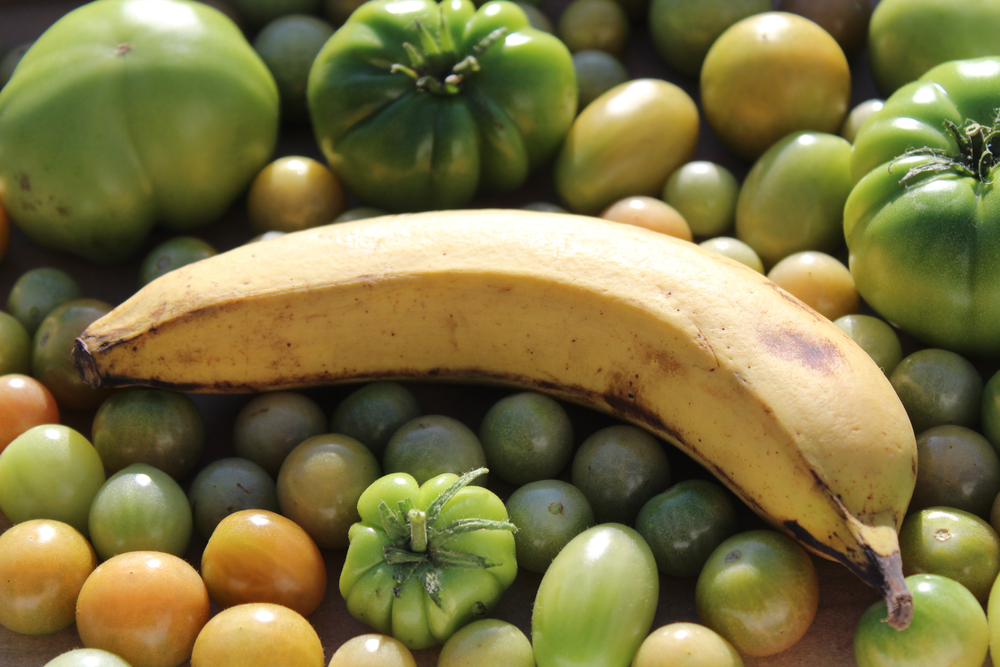
Placing herbs close to ethylene-producing fruits like tomatoes and bananas can accelerate their spoilage. Ethylene gas promotes ripening, which, while beneficial for certain produce, can cause herbs to wilt and decay prematurely. To maintain herb freshness, store them away from such fruits. This separation helps in prolonging the herbs’ shelf life and preserving their flavor.
All Herbs Can Be Frozen Without Preparation
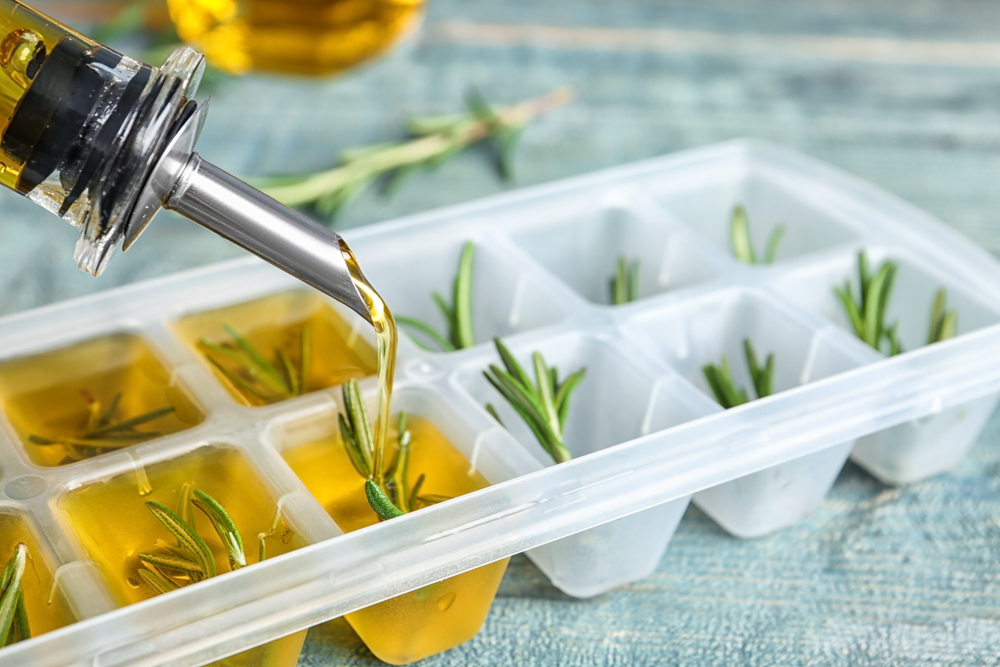
Freezing herbs without proper preparation can lead to loss of flavor and texture. Delicate herbs like basil and parsley contain high moisture content, which can form ice crystals upon freezing, damaging their cell structure. To prevent this, it’s advisable to chop the herbs and freeze them in oil or water using ice cube trays. This method preserves their essential oils and makes it convenient to use portioned amounts in future cooking.
Using Regular Plastic Bags is Adequate for Herb Storage
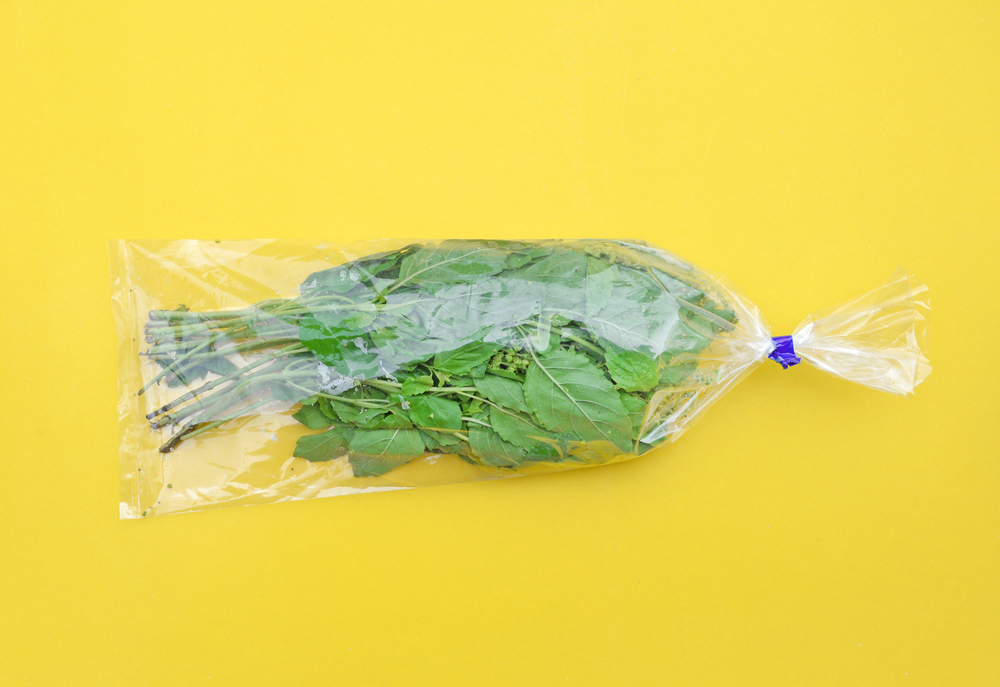
Storing herbs in standard plastic bags without any protective measures can cause them to sweat, leading to decay. A more effective approach is to wrap herbs in a slightly damp paper towel and then place them in a breathable bag or container. This setup maintains the necessary humidity levels while allowing for air circulation, thereby extending the herbs’ freshness.
All Herbs Should Be Stored in Water
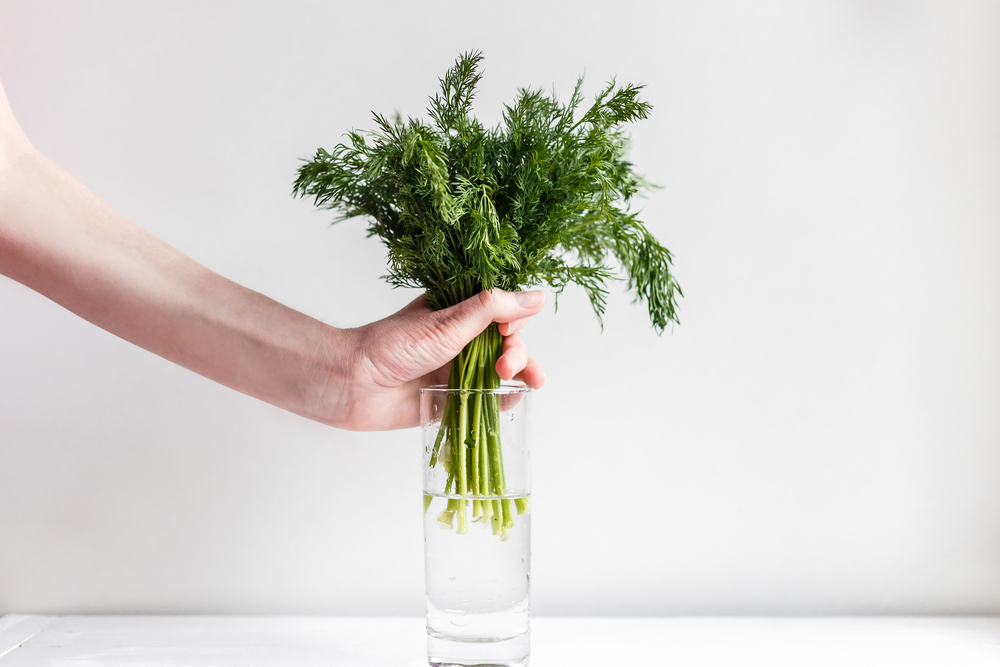
While storing certain tender herbs like parsley and cilantro in water can prolong their freshness, this method isn’t suitable for all herbs. Hardy herbs with woody stems, such as rosemary and thyme, fare better when wrapped in a slightly damp paper towel and placed in a breathable container. Understanding the specific storage needs of each herb type ensures optimal preservation.
This article originally appeared on RetailShout.
More From RetailShout
The World of Artisanal Chocolates and 15 Must-Try Delights

Nothing beats the joy of biting into a piece of chocolate crafted with care and creativity. Artisanal chocolates are more than just treats—they’re little works of art, made with passion and a focus on quality. Read More.
15 Korean Foods That Are Taking the Culinary World by Storm
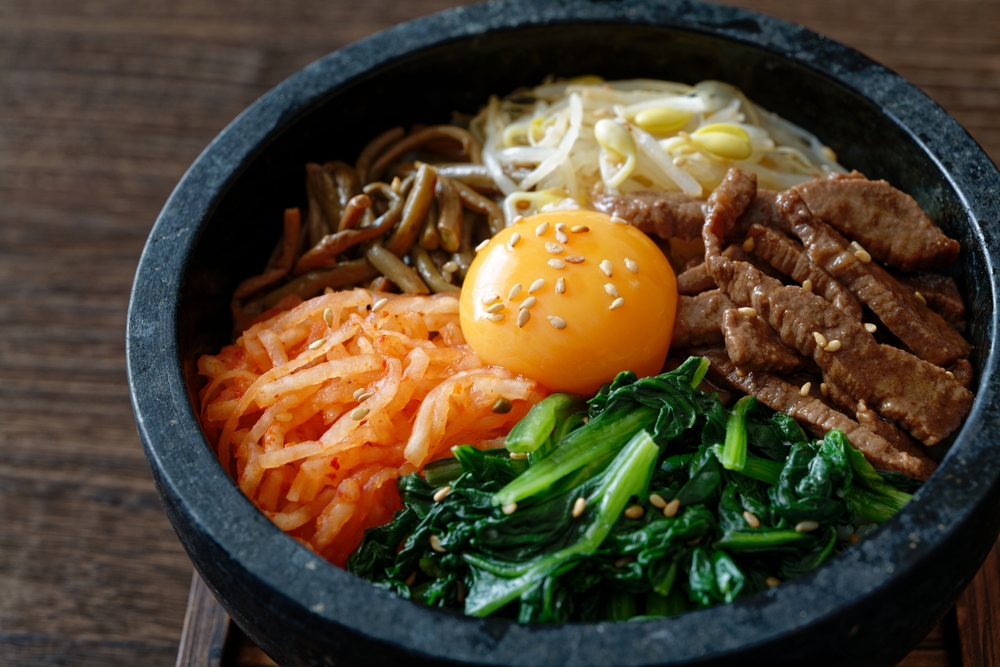
Korean cuisine has taken the culinary world by storm with its bold flavors, vibrant colors, and unique cooking techniques. From traditional comfort dishes to modern fusion creations, Korean foods are becoming a global sensation. Read More.
15 Incredible Asian Fruits You Won’t Find at Your Local Grocery Store
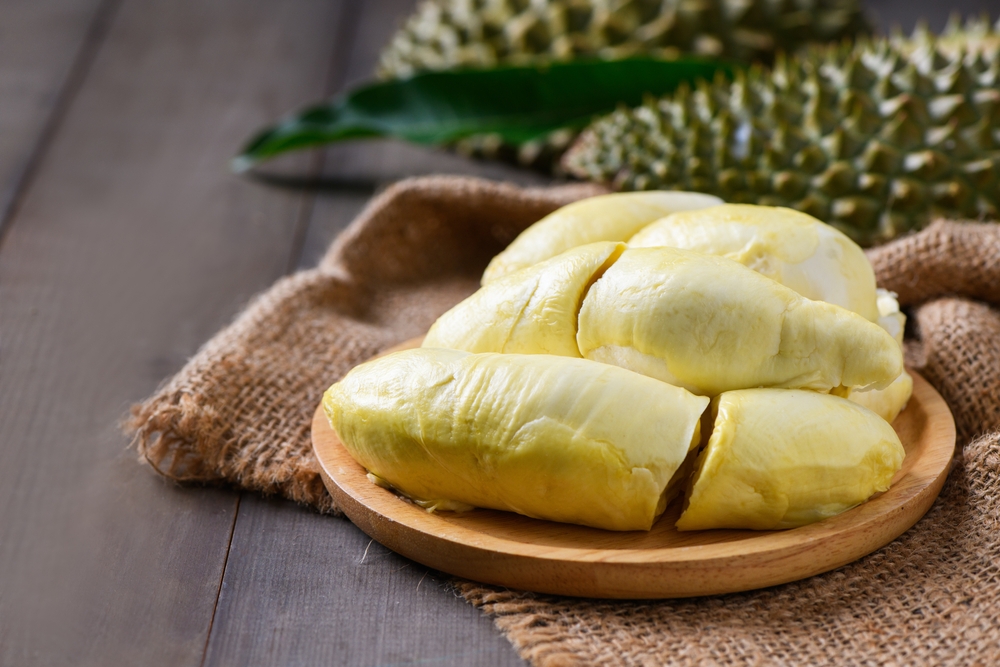
Asia is home to some of the most unique and delicious fruits that you won’t find in most grocery stores. These fruits come in all shapes, colors, and sizes, with flavors that range from sweet and juicy to tart and exotic. Read More.


